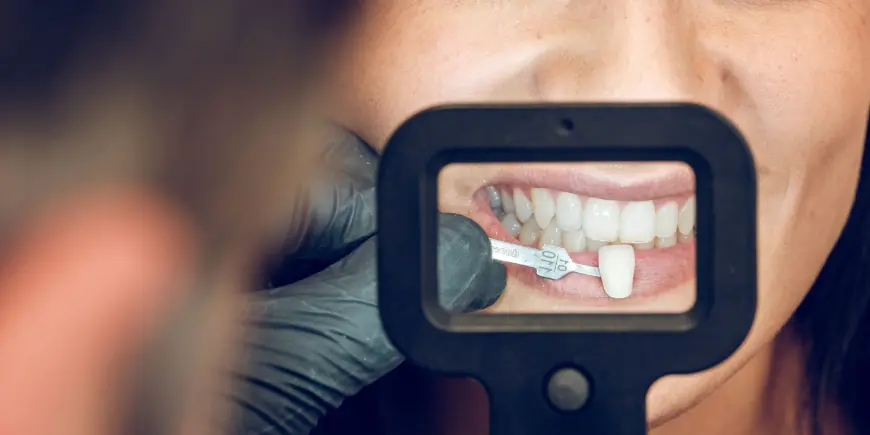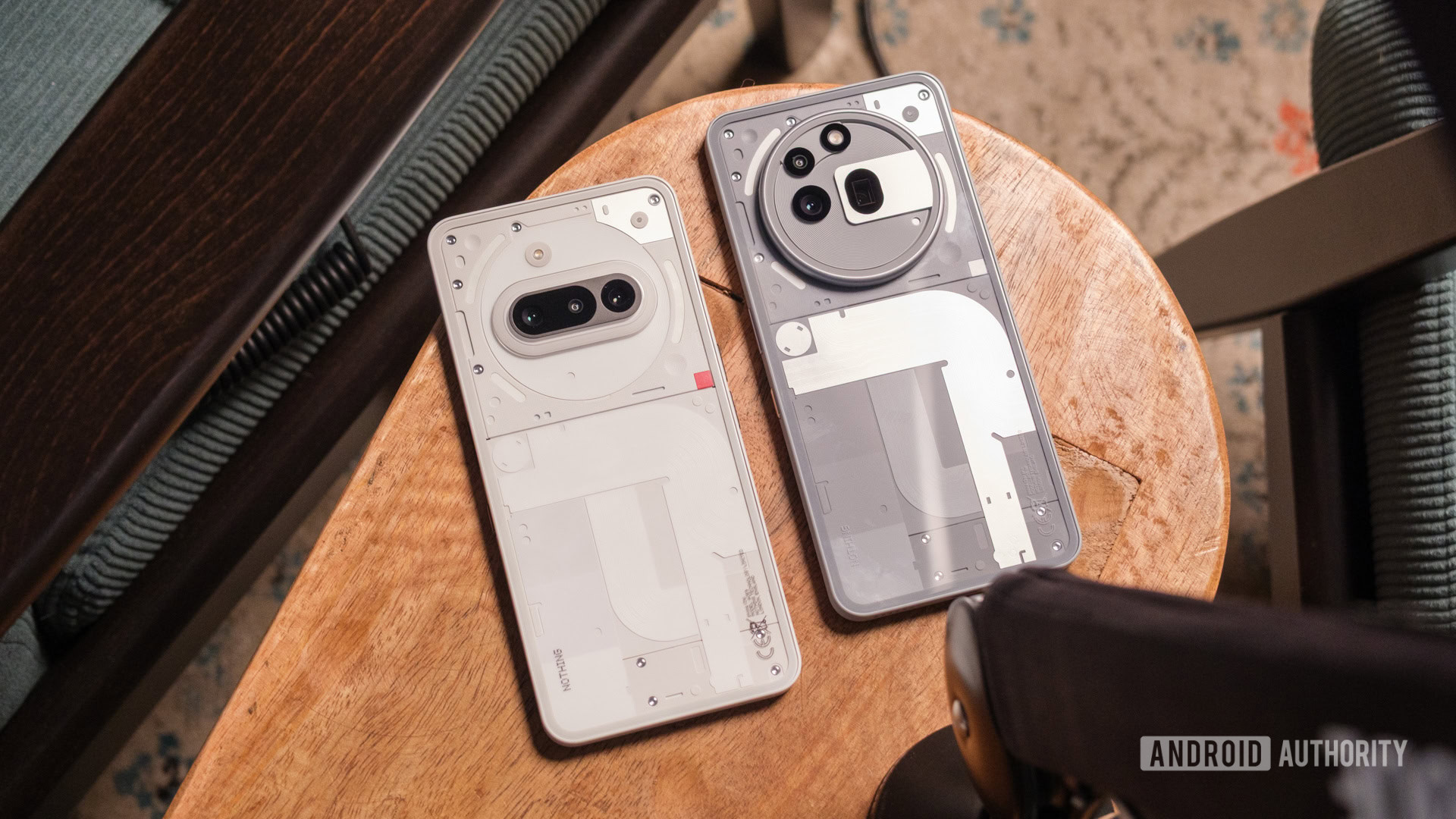How Long Do Dental Veneers Really Last?

Dental veneers are a popular solution for transforming your smile, offering an instant boost to the appearance of your teeth. Whether you're looking to fix chipped, stained, or misaligned teeth, veneers can provide an aesthetic solution that enhances your confidence. One common question that patients ask when considering dental veneers is, "How long do they last?" Understanding the longevity of your veneers is essential for making an informed decision. In this article, we’ll explore the factors that influence the lifespan of veneers, how long you can expect them to last, and tips for maintaining them for extended durability.
The Average Lifespan of Dental Veneers:
On average, dental veneers can last anywhere from 10 to 15 years, depending on the material used, oral hygiene practices, and lifestyle choices. Porcelain veneers, which are highly durable, typically last the longest, while composite resin veneers may need to be replaced more frequently. However, the lifespan can vary depending on individual circumstances.
1. Porcelain Veneers:
Porcelain veneers are known for their durability and natural appearance. They are highly resistant to stains and chips, making them an excellent long-term solution for those looking for a lasting smile makeover. With proper care, porcelain veneers can last between 10 to 15 years.
Factors Affecting the Longevity of Porcelain Veneers:
- Material Quality: High-quality porcelain veneers tend to last longer and maintain their appearance better over time.
- Bite Force: Individuals who grind their teeth or clench their jaws may experience wear on their veneers, reducing their lifespan.
- Maintenance: Regular visits to your dentist and proper at-home care can extend the life of your porcelain veneers.
2. Composite Resin Veneers:
Composite resin veneers are a more affordable alternative to porcelain, but they are not as durable. Typically, composite resin veneers last around 5 to 7 years before needing replacement. While they are more prone to staining and chipping, they can still provide a significant aesthetic improvement for those who are looking for a less expensive option.
Factors Affecting the Longevity of Composite Resin Veneers:
- Quality of Application: Composite veneers that are applied well by an experienced dentist will last longer.
- Maintenance and Care: The way you care for composite veneers can impact their durability. Avoiding hard foods and regular dental check-ups can help extend their lifespan.
- Lifestyle Choices: Habits like smoking or consuming staining substances can lead to the discoloration of composite veneers, requiring more frequent replacements.
Key Factors That Impact the Lifespan of Your Veneers:
Several factors affect how long your veneers will last, from the material to how well you take care of them. Here are the key factors to consider:
1. Material Selection:
As mentioned earlier, the type of material used for your veneers plays a significant role in how long they last. Porcelain is more durable than composite resin, offering a more extended lifespan. While composite veneers are less expensive, they are also less resistant to wear and tear, making them a shorter-term option.
2. Oral Hygiene Practices:
Good oral hygiene is essential to maintaining your veneers for as long as possible. Proper brushing and flossing prevent plaque buildup, which can cause damage or staining over time. Failing to maintain your oral hygiene can shorten the lifespan of your veneers significantly.
3. Teeth Grinding and Jaw Clenching:
Bruxism, or teeth grinding, is a significant factor in the lifespan of your veneers. Grinding your teeth at night can cause veneers to wear down more quickly. If you suffer from bruxism, it’s important to wear a nightguard to protect your veneers from excessive pressure and damage.
4. Diet and Lifestyle Choices:
Certain habits, such as smoking or consuming foods and drinks that stain your teeth (like coffee, red wine, or berries), can impact the appearance of your veneers. Porcelain veneers are more stain-resistant than composite, but they are not entirely impervious to discoloration. Additionally, biting on hard objects (such as ice or pens) can crack or chip your veneers.
5. Regular Dental Check-ups:
Routine visits to your dentist are crucial for ensuring that your veneers remain in good condition. Regular exams will allow your dentist to check for any signs of damage, wear, or loosening, and to address any issues before they worsen. Regular cleanings also help keep your veneers looking their best.
How to Extend the Life of Your Dental Veneers:
While veneers are durable, there are several ways to ensure they last as long as possible, allowing you to maximize the investment in your smile.
1. Practice Proper Oral Hygiene:
The foundation of veneer longevity is good oral hygiene. Brushing your teeth at least twice a day with a non-abrasive toothpaste and flossing daily can help prevent plaque buildup and gum disease. Using a soft-bristled toothbrush can also prevent damaging the surface of your veneers.
2. Avoid Hard or Sticky Foods:
To protect your veneers, avoid biting into hard foods like nuts, ice, or candy. These items can crack or chip your veneers. Additionally, sticky foods, like caramel or gum, can cause the edges of composite veneers to lift or weaken over time.
3. Wear a Nightguard (If Needed):
If you grind your teeth at night, a custom nightguard is essential to protect your veneers from unnecessary wear and tear. Bruxism can cause veneers to crack or chip, so wearing a nightguard can significantly extend the life of your veneers.
4. Visit Your Dentist Regularly:
Regular dental visits are crucial for checking the condition of your veneers and overall oral health. Your dentist will be able to assess the condition of your veneers, provide touch-ups or repairs when needed, and ensure that your veneers are functioning properly. Timely repairs can prevent further damage and preserve the lifespan of your veneers.
Signs That It Might Be Time to Replace Your Veneers:
Despite your best efforts, dental veneers can eventually show signs of wear and may need to be replaced. Here are a few signs that it might be time to consider new veneers:
1. Visible Damage:
If your veneers become chipped, cracked, or damaged, they may no longer provide the aesthetic results you desire. In some cases, the damage may be repairable, but severe damage might require a full replacement.
2. Staining or Discoloration:
Although porcelain veneers are stain-resistant, they are not completely immune to discoloration over time. If your veneers begin to look yellow or dull despite regular cleaning, it may be time to discuss replacement options with your dentist.
3. Loosening or Shifting:
Veneers may occasionally become loose due to changes in the underlying tooth structure or if they were improperly bonded. If your veneer feels loose or shifts, it’s important to seek dental attention immediately to prevent further complications.
Conclusion:
Dental veneers are a long-lasting and effective cosmetic treatment for improving your smile, but their lifespan depends on several factors such as the material chosen, lifestyle habits, and the care you take. Porcelain veneers can last 10 to 15 years, while composite resin veneers typically last 5 to 7 years. With proper care, such as good oral hygiene, avoiding harmful habits, and regular dental check-ups, you can maximize the lifespan of your veneers and enjoy a beautiful smile for years to come. If you're considering veneers in Dubai, consult with an experienced dentist to ensure the best material and care plan for your needs.
What's Your Reaction?
 Like
0
Like
0
 Dislike
0
Dislike
0
 Love
0
Love
0
 Funny
0
Funny
0
 Angry
0
Angry
0
 Sad
0
Sad
0
 Wow
0
Wow
0




















































